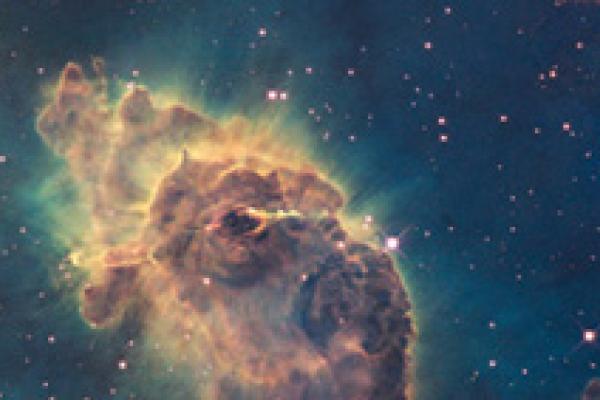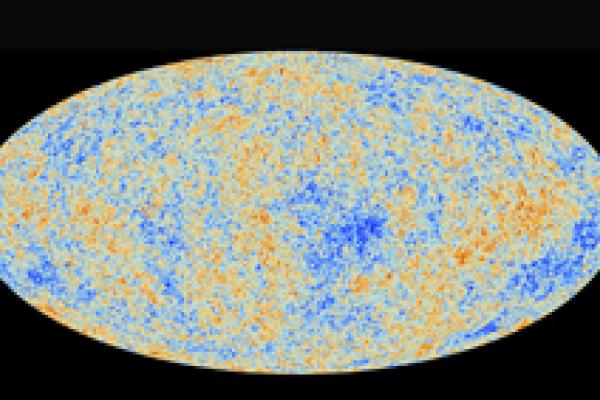Article


Cosmic models
Cosmology has an ambitious goal: to understand the Universe in its entirety. Find out more here.








How will the Universe end? In a big crunch? Or a big freeze? It all depends on its shape...
